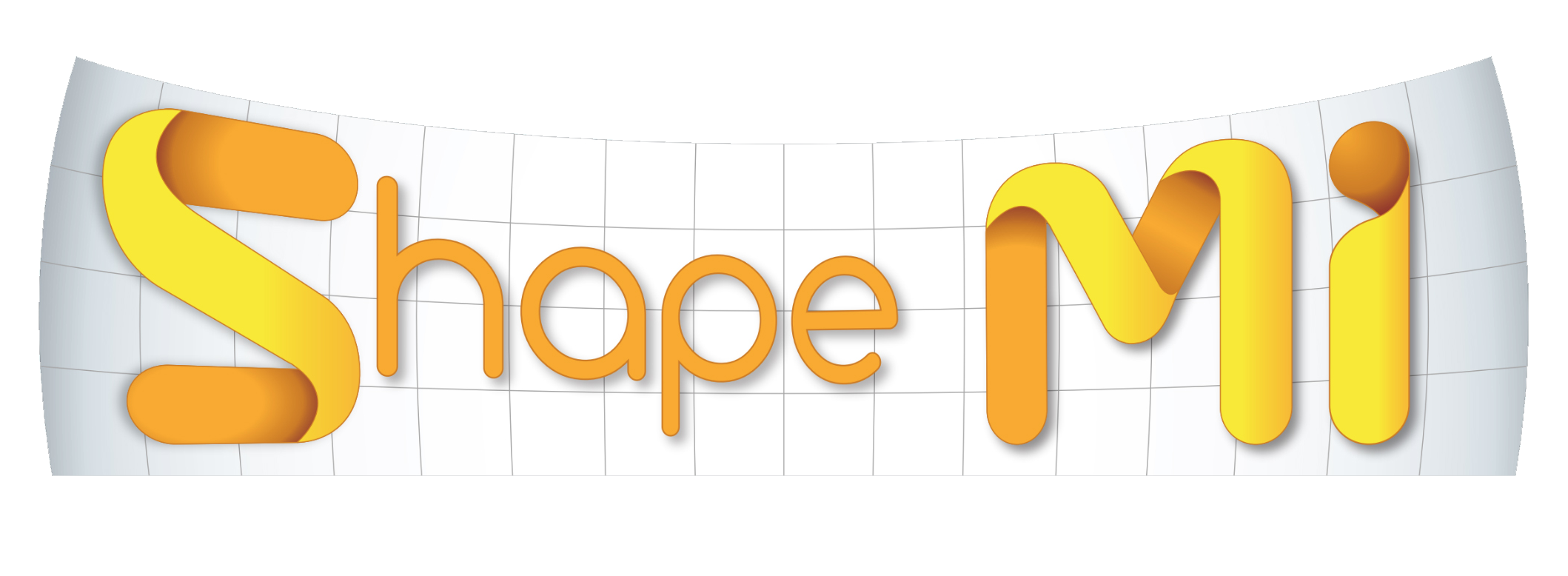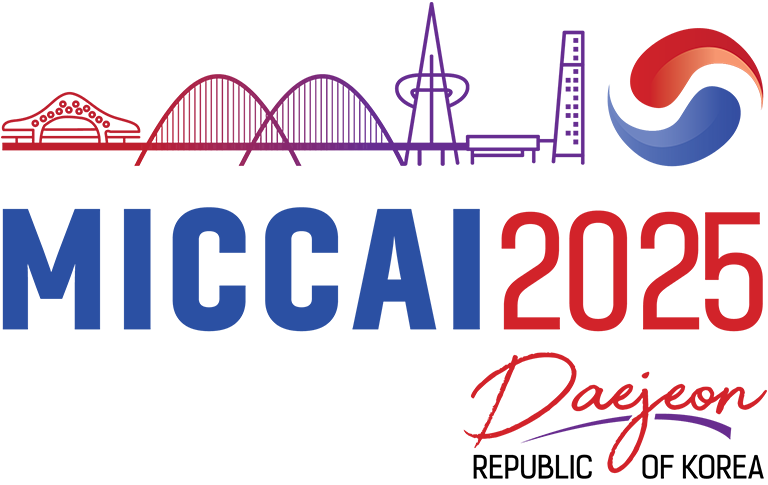
We gladly announce the workshop on Shape in Medical Imaging (ShapeMI), which is held in conjunction with the conference on Medical Image Computing and Computer Assisted Interventions (MICCAI 2025) in Daejeon, Republic of Korea. This workshop is the fifth instance of ShapeMI, after successful ShapeMI'18, ShapeMI'20, ShapeMI'23, and ShapeMI'24.
The goal of this workshop continues being a venue for the presentation of the leading methods and applications for advanced shape analysis and geometric learning in medical imaging. It will provide a venue for researchers working in shape/geometric modeling, learning, analysis, statistics, classification and applications to share novel ideas, to present recent research results and to interact with each other.
Today’s image data usually represents 3D geometric structures, often describing continuous and time-varying phenomena. Therefore, shape and geometry processing methods have been receiving increased attention, for example, due to their higher sensitivity to local variations relative to traditional markers, such as the volume of a structure. Shape and spectral analysis, learning and modeling algorithms, as well as application-driven research are at the focus of this workshop. In Medical Image Computing or Computer Aided Intervention, the understanding of shapes and their geometrical representations enables the modeling and analysis of organs, of anatomical or functional structures, as well as of high-dimensional structures in datasets representing population or disease data.
2025 Proceedings
https://link.springer.com/book/10.1007/978-3-032-06774-6
2024 Proceedings
https://link.springer.com/book/10.1007/978-3-031-75291-9
2023 Proceedings
https://link.springer.com/book/10.1007/978-3-031-46914-5
Best paper award winners 2025 🏆
We are happy to announce the recipients of the ShapeMI 2025 Best Paper Awards, selected based on the highest normalized reviewer scores from all eligible submissions at MICCAI. The awards are generously sponsored by Siemens Healthineers.
“Anatomically-Focused Patches for Lightweight and Explainable Knee OA Grading”
Tien-En Chang; Herve Lombaert
📄 Poster
🎥 3-min Explainer
Paper
“Anisotropic Fourier Features for Positional Encoding in Medical Imaging”
Nabil Jabareen; Dongsheng Yuan; Dingming Liu; Foo-Wei Ten; and Sören Lukassen
📄 Poster
🎥 3-min Explainer
Paper
“Benchmarking Evaluation Metrics for Tubular Structure Segmentation in Biomedical Images”
Meghane Decroocq; Charissa Poon; Matthias Schlachter; Henrik Skibbe
Paper
“Parametric shape models for vessels learned from segmentations via differentiable voxelization”
Alina Dima; Suprosanna Shit; Huaqi Qiu; Robbie Holland; Tamara Mueller; Fabio Musio; Kaiyuan Yang; Bjoern Menze; Rickmer Braren; Marcus Makowski; Daniel Rueckert
📄 Poster
Paper
Congratulations to all authors for their excellent contributions to ShapeMI 2025 and the medical shape analysis community.
Topics
This workshop targets theoretical contributions as well as exciting applications in medical imaging, including (but not limited to):
- Shape Processing and Analysis
- Shape Learning and Classification
- Geometric Learning and Manifold-based Methods
- Statistics of Shapes and Deformations
- Geometry-constrained Deep Learning and Optimization
- Synthetic Anatomical Shape Generation
- Generative Shape Models
- Spectral Shape Analysis
- Spectral Clustering and Dimensionality Reduction
- Shape Modeling and Representation
- Shape Segmentation, Registration and Correspondence
- Longitudinal Shape Analysis and Processing
- Medical Applications Focused on Shape Analysis
- Evaluation / Quality Assessment of Shape Models
- Relevant Demos of Freely Available Shape Analysis Software
Academic objectives
This workshop aims at bringing together medical imaging scientists to discuss novel approaches and application in shape and geometry processing and their use in research and clinical studies and applications. Another aim is to explore novel, cutting-edge theoretical methods and their usefulness for medical applications, such as from the fields of geometric learning or spectral shape analysis. As a single-track workshop, ShapeMI will feature excellent keynote speakers, technical paper presentations and demonstrations of state-of-the-art software for shape processing in medical research.
Data (optional)
If you are looking for medical shapes for your work, take a look at MedShapeNet, which is a large-scale dataset of 3D medical shapes.
Organizers
- Christian Wachinger, Technical University of Munich, Munich, Germany
- Gijs Luijten, Institute for Artificial Intelligence in Medicine, University Hospital Essen, Essen, Germany
- Shireen Elhabian, School of Computing, Scientific Computing and Imaging Institute, University of Utah, USA
- Karthik Gopinath, Harvard Medical School, Massachusetts General Hospital, USA
- Jan Egger, Institute for Artificial Intelligence in Medicine, University Hospital Essen, Essen, Germany
Advisory Board / Program Committee
- Jens Kleesiek, UK Essen, Essen, Germany
- Diana Mateus, Laboratoire des Sciences du Numérique de Nantes, Nantes, France
- Ellen Gasparovic, Union College, New York, United States
- Hao Li, Vanderbilt University, Nashville, United States
- Marc Niethammer, University of North Carolina at Chapel Hill, Chapel Hill, United States
- Miaomiao Zhang, University of Virginia, Virginia, United States
- Tim Cootes, Manchester University, Manchester, England
- Tinashe Mutsvangwa, IMT-Atlantique, Brest, France; University of Cape Town, Cape Town, South Africa
- Veronika Zimmer, Technical University Munich, Munich, Germany
- Yonggang Shi, University of Southern California, California, United States
- Yoshinobu Sato, Nara Institute of Science and Technology, Nara, Japan
- Ilwoo Lyu, Ulsan National Institute of Science and Technology, Ulsan, South Korea
- Sarang Joshi, The University of Utah, Utah, United States
- Joshua Cates, Kitware, New York, United States
- André Ferreira, University of Minho, Portugal, Brage, Portugal
